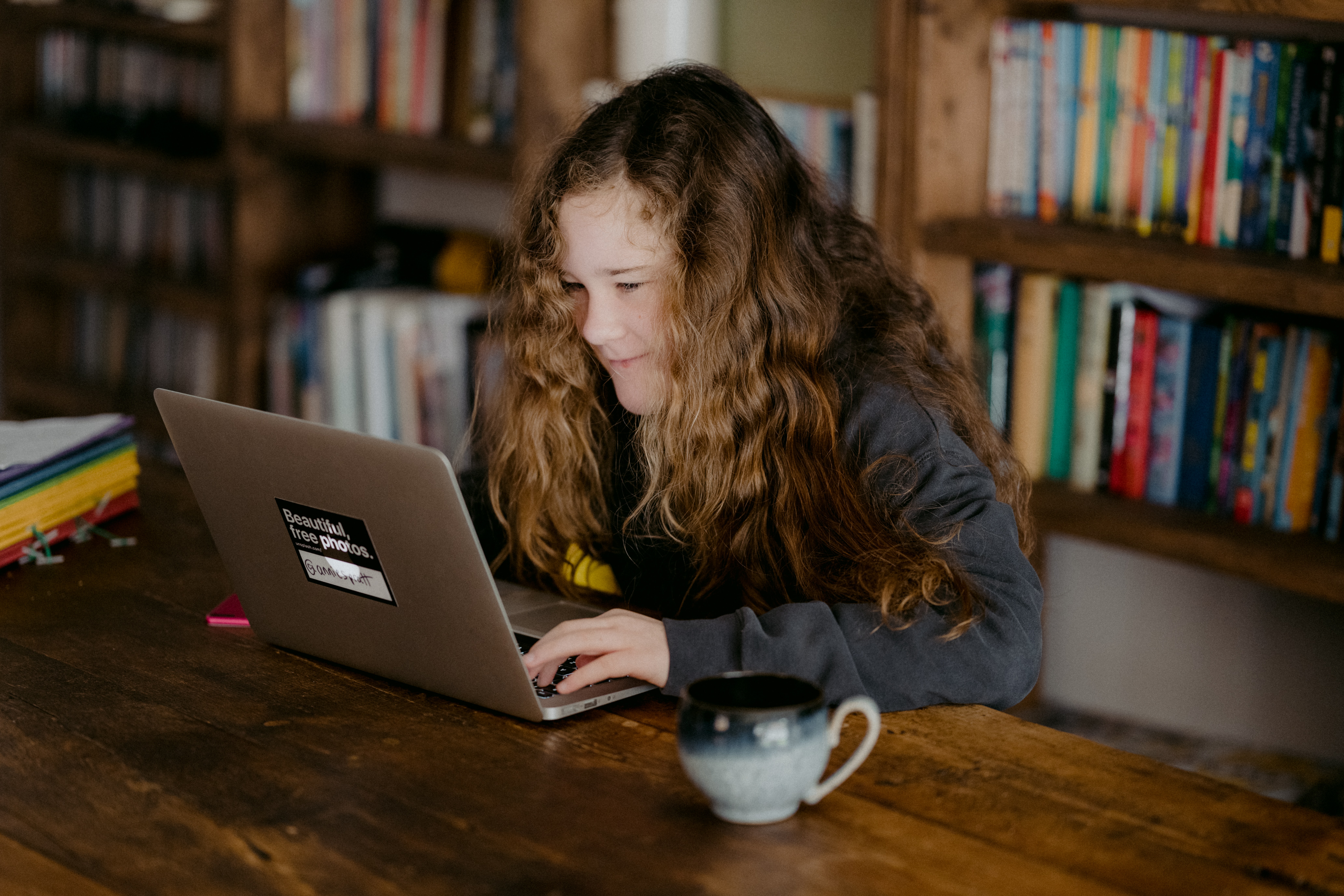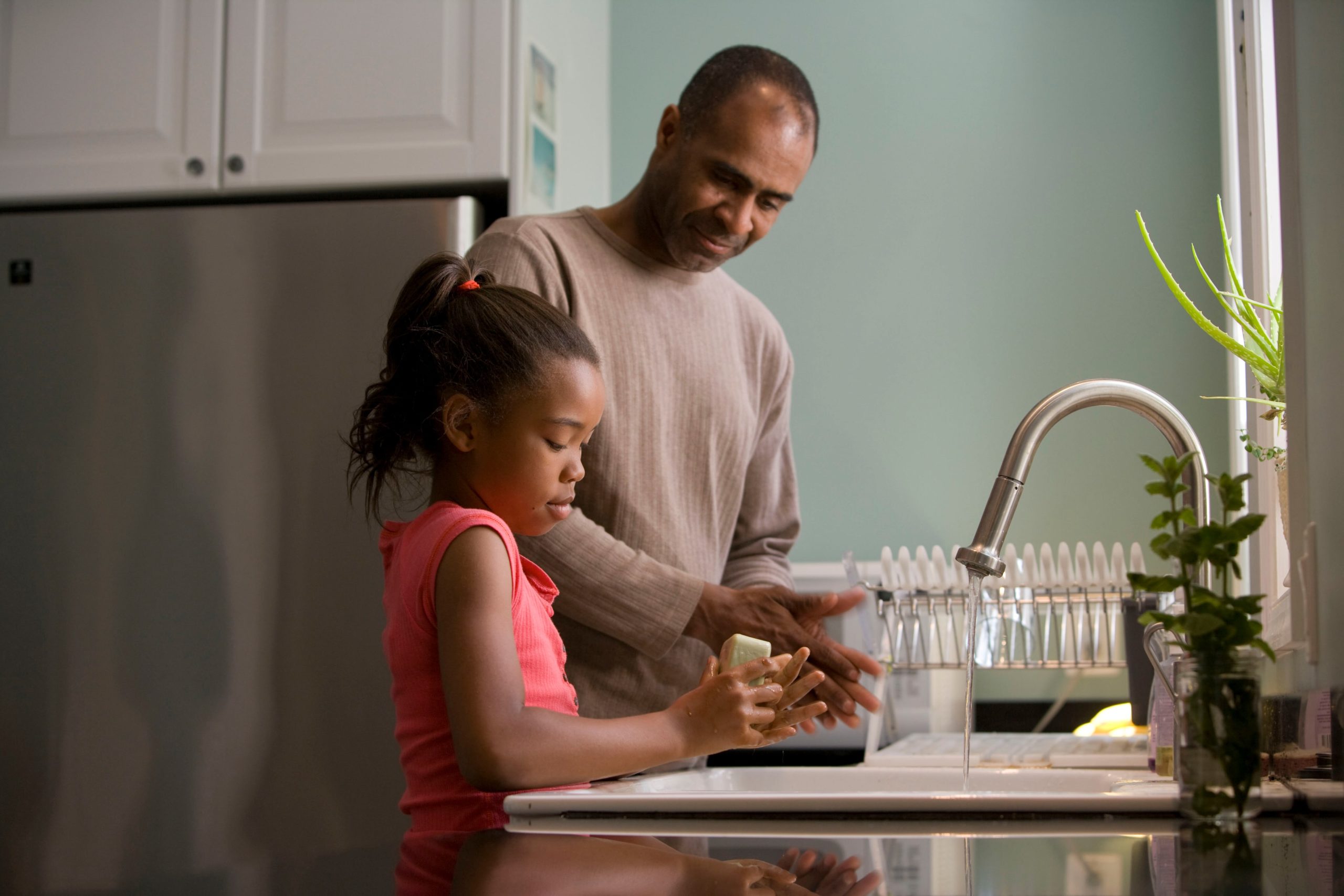How school age children are affected by family breakdown

Many children feel scared when their parents divorce or separate. They might worry that they will be abandoned by one of their parents or that their family will no longer love them. It is important to reassure your children that this is not the case and that you will both always be there for them.
Some children might blame themselves for the divorce or separation and think that if they had been better behaved their parents would still be together. They can even believe that if they try hard enough or are good, their parents will get back together. It is important to reassure them that this is not the case and that divorce or separation is never the child’s fault.
At this age children are likely to have a lot of questions about what is happening. This is normal. Listen to their concerns and answer any questions they have as honestly as you can in an age-appropriate way. If you are not sure how to respond to something, it is okay to say that you don’t know but will try to find out.
If your child is feeling anxious or depressed do not hesitate to speak to a doctor and/or a school counsellor who may be able to help.

How to support your school age child
Adapt your one to one time to their age
As with younger children you will need to continue to spend one to one time. As they grow towards the tween years they will need that one to one time to be longer but not necessarily daily.
So for example a five year old will need ten minutes one to one time with you every day; a ten year old might need an hour one to one time once a week, as their lives become more complex and they start to identify more with their peers.

Communication
Daily communication builds bridges for difficult times
If you spend even just a few minutes totally focussed on your child chatting about ordinary daily things it will lay the foundation for them to be able to talk about difficult emotions if they are having a bad time or are upset about something.
Use Open Questions to get your child to talk
Sometimes it can be difficult to get a child to open up and talk. So prepare by thinking of open questions you can ask them.
Open questions are those which a child cannot respond to with just one word such as a “Yes” or a “No” and they often begin with the word “How”.
For example instead of saying “Did you have a good day at school today” – which the child can answer with a “yes” or a “no” ask “How did it go at school today?”.
If they respond with “Okay” have a backup question such as “What sort of games did you play?” Ask their opinion about things; what is their favourite colour? Which is their favourite song?
If they do open up and start to talk, let them talk and don’t interrupt. Just as you would have child-led play with younger children, older children will need child-led conversation.
If they’ve had a bad day and need to vent, let them vent and don’t interrupt and try to fix it or to suggest solutions to them.
Adapt routines
Routines are very important for this age group. School will provide a weekday routine including homework so build around that. Have a very simple routine for when they get home.
Many parents find that their children are really hungry when they come in the door so you can reward their putting their schoolbag away with a quick sandwich, or something that wont spoil their appetite for tea.
Create weekend routines to help create a sense of safety and security. Where possible don’t cancel any after school activities (such as sports) they were involved in before the separation. Instead try to encourage them to get involved in social and group activities even more, if possible.